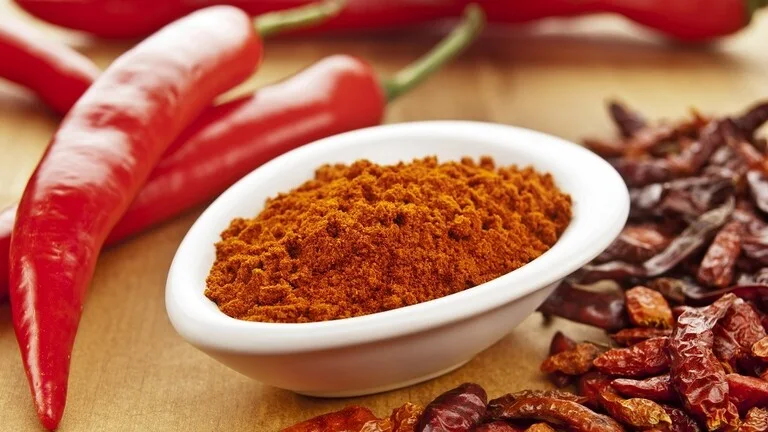The challenges of eating chilli on TikTok have raised a lot of questions about the harm that eating and hot sauces can cause.
A nutritionist from Cleveland Medical Center University Hospitals in Ohio suggests that while it may burn chili pepper tongue and lead to some gastrointestinal distress as it travels through the gut, it can actually help improve lifelong health.
And capsaicin, the ingredient in pepper that causes that distinctive heat, is an oil-like chemical compound that binds to pain receptors on the tongue and throughout the digestive tract, it's capsaicin that makes your brain feel like you're burning when you nibble on Jalapino peppers.
"But capsaicin doesn't actually burn you, instead, it tricks your brain into thinking that temperature change has happened which has led to a sense of heat and pain," explained university hospital nutritionist Gina Metalonis. "It's just trying your body to calm down and get rid of the symptoms caused by unforgettable spices, such as runny nose, sweating, teary eyes and even drooling."
The study found that while eating spicy food, body temperature actually rises in an attempt to cool the body.
- Capsaicin usually detaches from pain receptors in the mouth after about 20 minutes
- but then a whole new set of symptoms begins once it starts to travel through the digestive tract
- can cause a burning sensation in the chest
- hiccups, swollen throat, nausea, vomiting, painful bowel movements and even diarrhea.
- But experts believe that short-term conflict may be worth it in the long term.
According to Metallonis, research showed that those who ate hot food six times a week had a lower risk of premature death than people who ate hot food less than once a week.
- The benefits included lowering cholesterol
- decreasing the chance of heart disease
- improving stomach and bowel health, and even losing weight
but while these studies found an association, they did not establish a cause-and-effect relationship.
Capsaicin is also a major ingredient in a number of pain relief drugs used to treat diseases from arthritis to fibromyalgia to headaches.
According to Metalonis, the good news is that for most healthy people, even those who are involved in the severe challenges of consuming chili pepper for record setting, eating spice-rich foods does not pose any serious or permanent risks to your health and does not usually require medical treatment.

